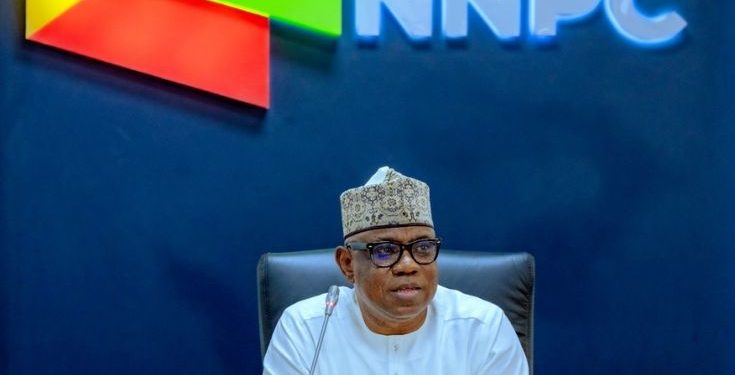The Nigerian National Petroleum Company Limited (NNPCL) has increased the pump price of Premium Motor Spirit (PMS), popularly known as petrol, to ₦992 per litre in Lagos. This marks a sharp rise from the previous average of ₦865 per litre, further tightening pressure on consumers already struggling with the rising cost of living.
Fuel Price Hike Sparks Confusion Among Motorists
Field checks across major NNPC filling stations in Lagos and along the Lagos–Ibadan Expressway revealed mixed operations. While some stations had already adjusted their meters to the new ₦992 rate, others were temporarily closed or not dispensing fuel at all.
Several fuel attendants confirmed they received instructions to update their pumps but were not informed of the specific reasons for the price increase.
Motorists and commercial drivers expressed frustration and disbelief at the sudden jump, warning that transportation fares and commodity prices are likely to rise sharply in the coming days.
“It’s becoming unbearable. Every few months, the price of petrol goes up without explanation,” said a commercial bus driver in Ikeja.
NNPCL Yet to Release Official Statement
As of the time of filing this report, the NNPC Limited had not issued any official statement to explain the new pricing directive. Industry observers suggest the price review could be linked to rising global crude oil prices, foreign exchange pressures, or supply realignments following recent adjustments in Nigeria’s fuel importation and refining structure.
The lack of clarity from the NNPCL has led to speculation that the adjustment might not be uniform nationwide and could vary depending on location, logistics costs, and depot pricing.
Background: Nigeria’s Unstable Petrol Market
Nigeria’s petrol pricing has remained volatile since the fuel subsidy removal in 2023. The NNPC, which now acts as both a regulator and market participant, continues to adjust prices in response to international market dynamics and currency fluctuations.
Earlier in 2025, pump prices fluctuated between ₦600 and ₦890 per litre across states. The latest hike to ₦992 per litre in Lagos is one of the steepest single-day increases since deregulation began.
Experts believe that limited local refining capacity, high import costs, and the fluctuating naira-to-dollar exchange rate have made it difficult for the NNPC to maintain stable pricing.
Economic and Social Impact
The hike is expected to have immediate ripple effects across the economy. Transport operators are likely to increase fares, while food distributors and logistics providers may pass the added costs onto consumers.
Inflation, already at record highs, could worsen as energy costs feed into the prices of goods and services.
Economists have urged the government to communicate clearly with citizens and expedite the operational capacity of domestic refineries, including the Dangote Refinery, to reduce dependence on imported petroleum products.
What to Expect Next
- An official NNPC statement clarifying the reason for the price increase.
- Possible adjustments by private marketers in response to the new benchmark.
- Government or regulatory interventions to stabilize supply and cushion economic impacts.
- Monitoring of fuel availability in Lagos and other urban centers in the coming days.
























































